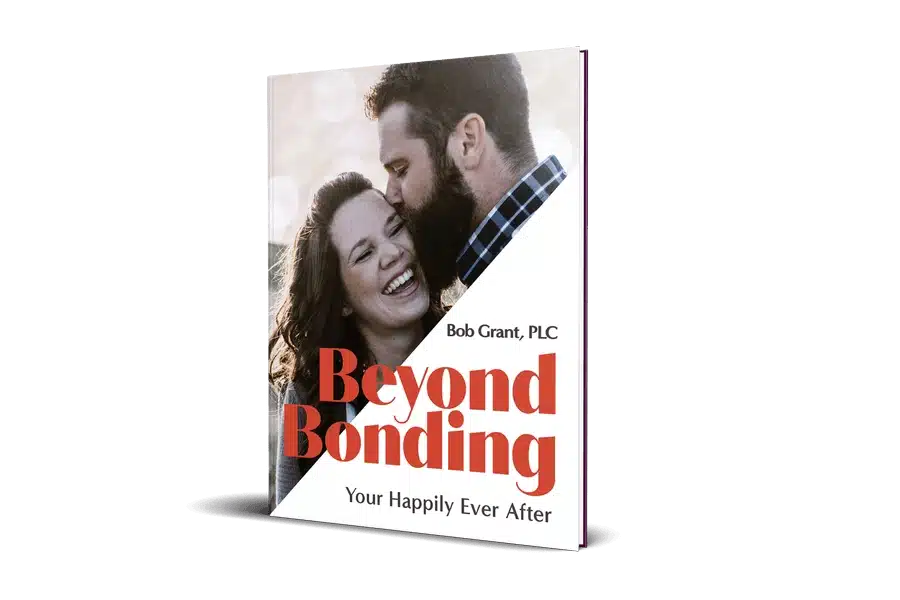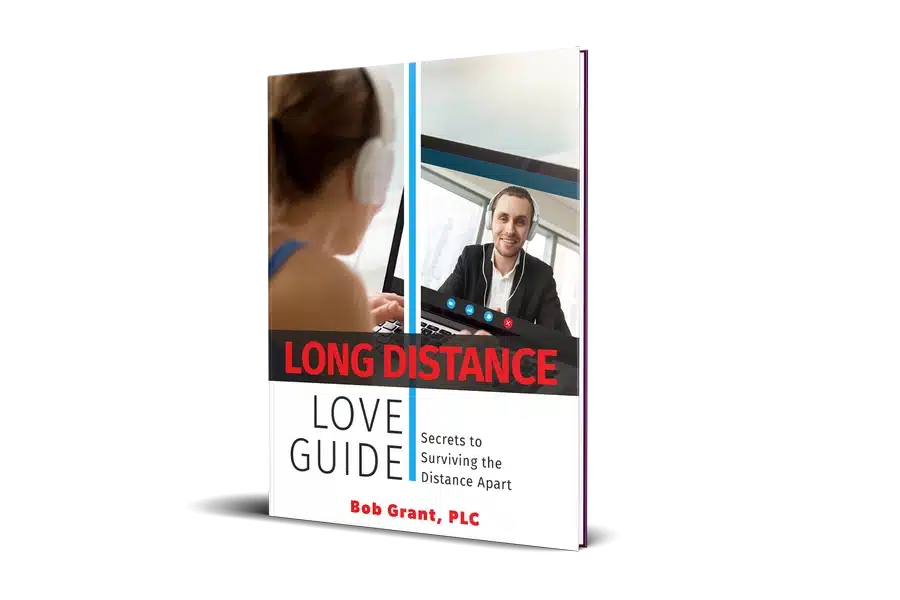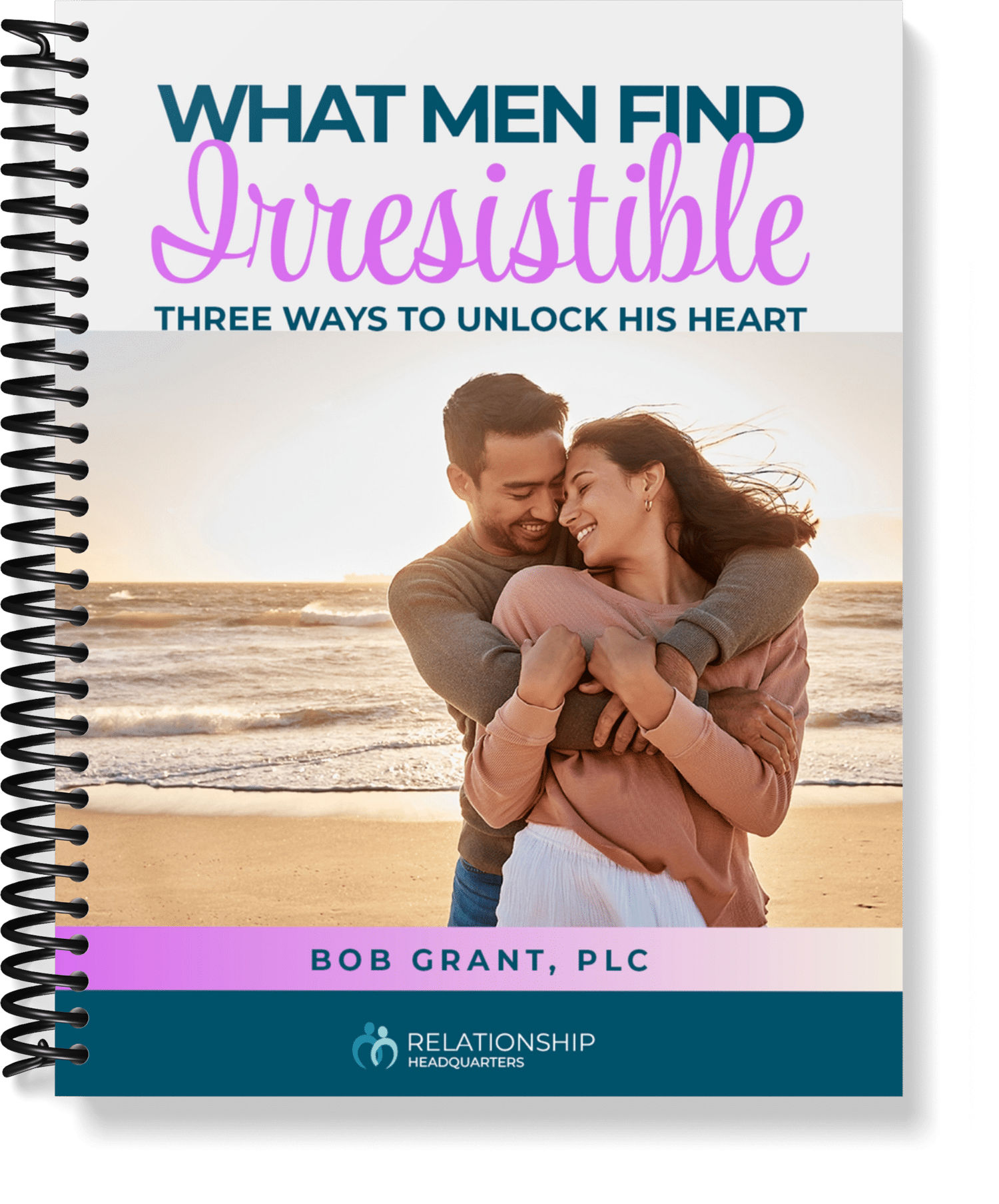A large part of my practice is made up of people interested in relationship advice. Not really by design (I started out working with teenagers), it just sort of worked out that way. Most often when someone comes in they want to know what to do.
The Failure of the 5-Step Approach
They request a 5-step plan to fix their problem, and they will be on their way. I must confess, for years I tried that “5-step” type of approach. I read book after book and experimented on my clients. While I have personally seen marriages seemingly miraculously healed, it just wasn’t happening every time. The magical formula never came, at least not in the form I had expected.
Relationships Are More Than Meets the Eye
What I did discover was that relationships are more than meets the eye. As I have mentioned in previous articles, if you have suffered any type of injury or trauma as a child, your brain and heart have an overriding goal for you. They will protect you at any cost – even if that method of protection causes you pain and loneliness. It is often primitive and deeply rooted. Here is an example.
Let’s pretend that I have a client named Alan (I made him up). Alan meets a woman named Cindy. Alan really likes Cindy and proceeds to call her every five minutes. When he comes into my office I tell him, “Let’s not call Cindy every five minutes. Women don’t like that.”
The next week he comes back in and says, “Bob, I have improved twice as much. I only called her every 10 minutes.” While I appreciate Alan’s 100% improvement, what Alan needs to do is improve exponentially and not call Cindy any more than once a week.
You can guess Alan’s reaction. He will grasp his heart as though I stabbed him. This surely can’t be the Lord’s will to abandon something that seems so right? It seems so right to call her, yet those feelings betray him. Every time Alan gets nervous, he picks up the phone and calls Cindy. It keeps his anxiety away.
Some use cigarettes or alcohol for the same anxiety relief. But what I want is for Alan to be anxious. He must allow himself to feel out of control so we can find out what the anxiety is trying to tell him.
His feelings will give him insight, if (and this is a big if) he will allow himself to listen to those anxious feelings rather than acting them out.
At times the insights occur quickly, other times it takes longer. What would cause Alan to be so anxious? There may be a variety of reasons. Most likely, he is afraid of being hurt or rejected which will cause him to fear a commitment.
While he longs for a relationship, he has also set himself up for failure because he feels that a relationship should feel good…always…forever.
His long history of avoiding painful feelings has taught him to be even more afraid of them. Painful feelings are bad things that he runs away from.
Relationships Can Be Uncomfortable
The problem with Alan’s thinking is that relationships, by their very nature, are a bit scary. Once you allow yourself to experience a feeling you like (such as love), all the uncomfortable feelings now also have a doorway out of your heart.
It no longer remains suppressed. It all comes out. Feelings and fears alike that may have been dormant for years now seem to creep out at the most inconvenient times.
The reason I am so relationship-oriented is that many times individuals misinterpret their fear and anxiety as something wrong with them or with their partner, rather than realizing it is normal and something to work through.
It is an opportunity to be free of the very fears they are experiencing. This in no way involves instances of abuse or an unhealthy relationship. If it is unhealthy, most likely your friends and/or family will gladly point that out to you.
If we could learn to stay with our fears rather than acting them out, our heart would learn that it does not need to protect us as it did when we were a child. In time, those childhood fears will begin to subside. What now feels unnatural can at some point become effortless.
If you or someone you know feels they are experiencing this type of issue, let them know that there is help. What is happening to them is not unique. There are answers to their questions and fears. Once they discover this, relationships become an opportunity for healing and growth, rather than work.










